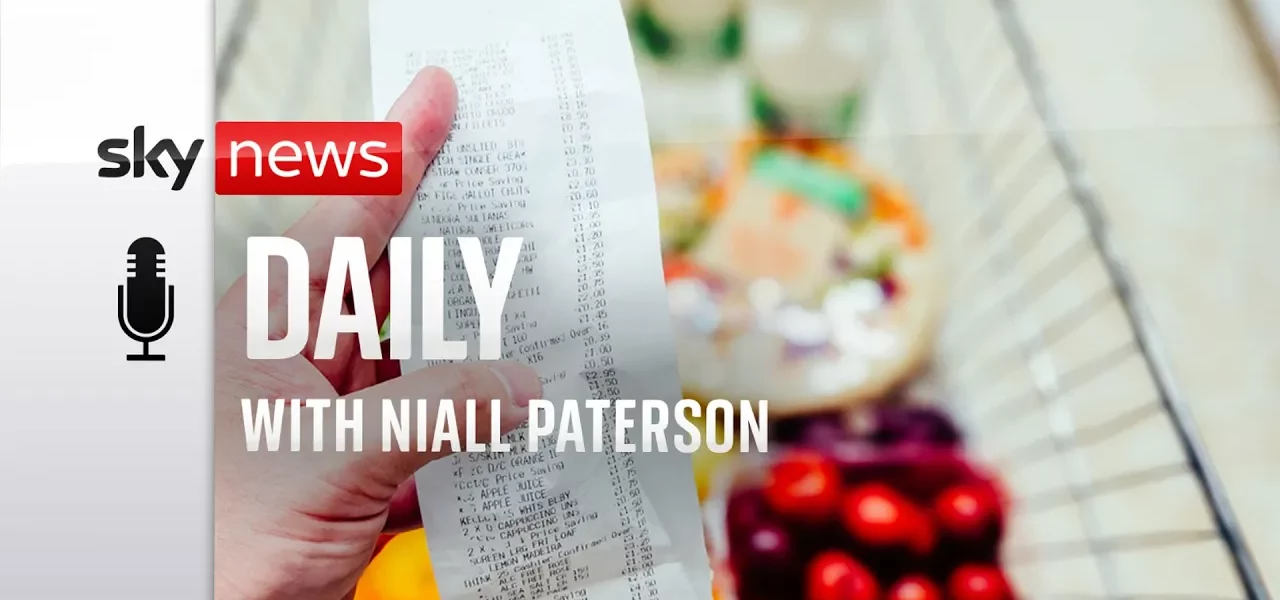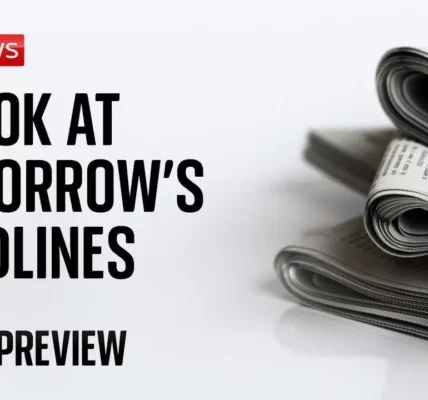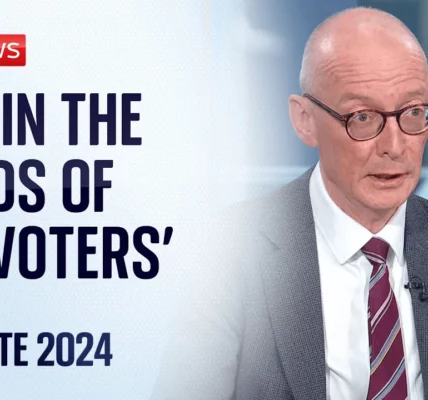Understanding the Current State of UK Inflation and Its Impacts

In this article, we delve into the complexities of inflation in the UK, exploring the latest statistics, implications for consumers, and the broader economic landscape. With inflation affecting everyone, it’s essential to understand what these figures mean for our daily lives and the economy at large.
Introduction to Inflation
Inflation is a critical economic indicator that signifies the rate at which the general level of prices for goods and services rises, subsequently eroding purchasing power. In recent years, many consumers have noticed a significant increase in prices, which has raised concerns about the economic stability of the nation. With the latest figures indicating a slight rise in inflation, it becomes vital to dissect these numbers and understand their implications for everyday life and the broader economic environment.
Current Inflation Figures
As reported today, the Consumer Price Index (CPI) inflation rate stands at 2.2%. This figure represents a slight increase from the previous month, where it was recorded at 2%. The Bank of England has set a target inflation rate of 2%, making this uptick a point of concern for policymakers and consumers alike.
How Inflation is Measured
The Office for National Statistics (ONS) employs a systematic approach to measure inflation, primarily through the CPI. This involves extensive surveys and data collection across various sectors, which include:
- Food and beverages
- Housing and utilities
- Transportation costs
- Healthcare services
- Recreation and culture
These categories are representative of the “basket of goods” that reflects consumer spending patterns, allowing for an accurate depiction of the inflationary landscape.
Factors Influencing Inflation
Several factors contribute to the current inflation trend. Understanding these elements can provide clarity on why prices for everyday goods and services are rising.
Energy Prices
Energy prices play a pivotal role in driving inflation rates. Although energy prices have seen a decline, the rate of decrease has been insufficient to significantly mitigate inflationary pressures. For instance, the energy price cap fell by £1,100 in July 2023, yet the most recent decline was only £115. This discrepancy has contributed to upward pressure on the CPI.
Food Prices
Food inflation has been another critical area of concern. After a prolonged period of rising costs, recent data indicates that food prices have increased slightly for the first time in 15 months. This trend can lead to heightened concerns about the cost of living for consumers.
Wage Growth and Purchasing Power
While inflation remains a concern, it’s also important to note that average wages have begun to rise, outpacing inflation for many. This shift means that, for some consumers, real purchasing power is improving, albeit slowly. The current economic environment presents a mixed bag of challenges and opportunities.
The Impact of Inflation on Consumers
The rise in inflation has tangible effects on consumers, particularly in essential areas such as transportation and housing.
Transportation Costs
One of the most direct impacts of inflation is seen in the cost of train fares. The Retail Price Index (RPI) inflation has been recorded at 3.6%, which traditionally influences the pricing of regulated tickets, including season passes. Consequently, commuters may experience increased travel costs as fares are adjusted in response to inflation.
Housing Market and Interest Rates
Inflation also affects the housing market, particularly interest rates. With inflation creeping up, there is speculation that the Bank of England may not proceed with anticipated interest rate cuts. Currently, the likelihood of maintaining interest rates has shifted to a 50% chance of either holding or reducing rates in upcoming meetings. This uncertainty can complicate mortgage decisions for homeowners and potential buyers alike.
Government Response and Fiscal Policy
In light of rising inflation, the government faces significant challenges in managing fiscal policy. The response to inflation will likely involve tough decisions regarding government spending and taxation.
Budget Constraints
The current government has acknowledged the necessity of addressing the public finances, with discussions about potential cuts to various sectors. With inflationary pressures mounting, the challenge lies in balancing the need for growth while ensuring fiscal responsibility.
Political Implications
Politically, the situation presents an opportunity for the opposition parties to critique the government’s handling of the economy. Leaders are keen to emphasize any oversights or mismanagement, especially as they prepare for upcoming elections. The narrative surrounding the economy’s health will play a crucial role in shaping public perception.
Conclusion
As we navigate the complexities of inflation in the UK, it is clear that both consumers and policymakers must remain vigilant. While recent figures indicate a slight increase in inflation, the broader economic trends suggest a nuanced landscape. With energy prices, food inflation, and wage growth all playing critical roles, understanding these dynamics is essential for making informed decisions.
For consumers, it is vital to stay informed about how these trends affect everyday expenses. Additionally, as the government grapples with fiscal policy, the implications for public services and investments will be felt across the nation. To keep abreast of these developments, consider subscribing to our newsletter and exploring related articles on economic trends and personal finance strategies.
“`




